The anticipation around the upcoming World Cup has taken a dramatic turn with the introduction of a new visa initiative crafted specifically for fans planning to travel to the United States. As excitement builds for the tournament, interest in the policies surrounding entry and travel has intensified, especially after the latest announcement from the American administration. With millions expected to attend, every update on procedures has quickly become a global talking point.
Enthusiasm for the event has surged as discussions continue about the logistics, security arrangements, and the broader political environment influencing preparations. Although the United States has repeatedly reassured fans that the tournament experience will remain smooth and welcoming, concerns have lingered about potential delays and extra scrutiny at borders due to recent policy shifts. Against this backdrop, the introduction of fast-track visas has added a new layer of intrigue to the unfolding narrative.
Adding to the growing attention is the fact that the World Cup draw is scheduled to take place in Washington on December 5. On the same day, a new global peace prize is expected to be unveiled, with intense speculation about who might receive this recognition. The timing of the announcement, paired with territorial debates and security preparations, has turned the event into a central fixture in international headlines.
Trump Announces New Fast-Track “FIFA Visas”
The special visa initiative has been introduced with the goal of making travel smoother for spectators who have already secured match tickets. According to the announcement, individuals holding valid 2026 World Cup tickets will be eligible to schedule faster visa appointments. This program is intended to help fans avoid overwhelming delays, especially considering the enormous number of applicants expected during the months leading up to the tournament.
The concept behind the fast-track visa is to streamline initial processing by prioritizing applicants whose intention is tied directly to the World Cup. The administration has emphasized that this system is designed to support legitimate football fans by reducing the bottleneck that usually occurs before major international events. With millions anticipated to fly in from various regions, a specialized mechanism was seen as necessary to maintain reasonable wait times.
However, the initiative comes with an important warning: possessing a match ticket does not guarantee entry into the United States. Ticket holders will still undergo the full vetting process required for all international visitors. The expedited appointment system merely accelerates the scheduling of interviews, not the approval of the visa itself. This distinction has sparked widespread discussions among travelers preparing to submit their applications.
Clarification on Visa Procedures and Fan Expectations
Officials have urged fans to begin the process as early as possible, stressing that waiting until the last minute could result in missed opportunities. While the new procedure promises interviews within an estimated six to eight weeks, overall approval times may still vary based on security checks, documentation accuracy, and background screening. The government has advised applicants to follow all guidelines meticulously to avoid potential delays.
The country’s diplomatic offices are also expected to expand staff capacity during peak months, anticipating a sharp rise in visa requests. Additional resources may be deployed to embassies and consulates worldwide, allowing them to manage the increased workload. Despite this, the administration has been clear that no shortcuts will be taken on the security front, underscoring the seriousness with which border protocols are enforced.
For fans, the initiative is both a relief and a challenge. While prioritized scheduling is a major advantage, the requirement for full vetting reveals that the new system is not a blanket approval mechanism. Still, travel experts believe that the earlier appointment access will significantly ease pressure, particularly in countries where visa delays are typically long due to high demand.
World Cup as a Political Focal Point
The upcoming World Cup has become a defining moment for the United States not only as host but also as a stage for political messaging. The administration has invested considerable attention into ensuring that the event becomes a symbol of national strength, celebration, and global unity. With planning already linked to the 250th anniversary of American independence, the tournament is being framed as a monumental cultural highlight.
However, political controversies surrounding border policies have cast a shadow over the preparations. Critics argue that strict enforcement measures in certain regions could affect the fan experience and might even lead to relocation of select fixtures. While the administration has dismissed such concerns, the possibility has contributed to ongoing debates among analysts and residents of host cities.
Despite the speculation, officials remain focused on delivering an event that meets the expectations of attendees and maintains global standards. The hope is that the new visa scheme will reinforce the message that the United States is prepared to welcome visitors while upholding national security priorities.
Upcoming World Cup Draw and Peace Prize Announcement
Adding to the anticipation is the scheduled World Cup draw, set to take place in Washington on December 5. The draw will determine group placements, matchups, and travel routes for teams and fans alike. With participating nations eagerly waiting to learn their fixtures, the event is expected to attract major international attention.
A notable highlight of the same day will be the presentation of a new peace prize by global football authorities. This award is intended to recognize individuals or initiatives that have contributed significantly to promoting harmony through sports. Speculation surrounding the potential recipient has fueled curiosity, with discussions intensifying as the date approaches.
The dual significance of the draw and prize event has positioned Washington at the center of international sports coverage. Analysts predict that the announcements will shape the broader narrative leading into the tournament and may influence political and social discourse in the months ahead.
The Road Ahead for Fans and Organizers
As the countdown to the World Cup continues, fans, teams, and organizers are preparing for one of the largest sporting events the United States has ever hosted. Travel plans, security arrangements, and infrastructure upgrades remain at the top of priority lists for stakeholders. The fast-track visa initiative is one of many steps aimed at ensuring that the massive influx of visitors can be accommodated smoothly.
Spectators planning to attend the matches are encouraged to stay informed about all travel-related announcements. The dynamic nature of international regulations means that updates may occur frequently, and being prepared will be essential for a seamless experience. Ticket holders in particular should monitor visa scheduling windows, document requirements, and any changing entry rules in the lead-up to the event.
With global interest building and political messaging intensifying, the 2026 World Cup is shaping up to be more than just a tournament. It represents a convergence of sports, diplomacy, logistical innovation, and public spectacle. The newly introduced visa pathway is only one element of the vast preparations underway, but it stands as a crucial reminder that the journey to the World Cup begins long before fans enter the stadium.
Also Read: Gautam Gambhir’s Unexpected Gesture Stuns Eden Gardens Fans


Disclaimer
Possible11 is a sports news and analysis platform designed purely for entertainment and educational purposes. All match previews, player insights, and team analyses are based on publicly available information and expert opinions. We do not promote or support betting, gambling, or real-money gaming in any form. Users are encouraged to enjoy our content responsibly and use it for informational purposes only.

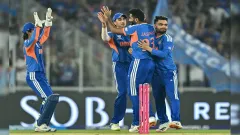
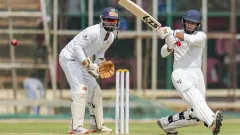


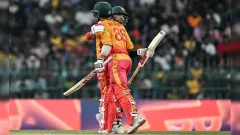
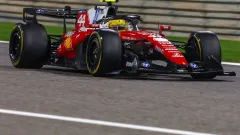
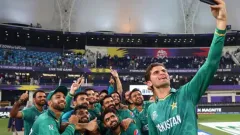



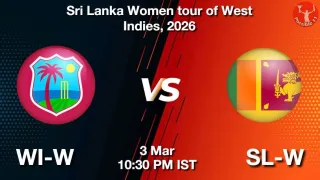
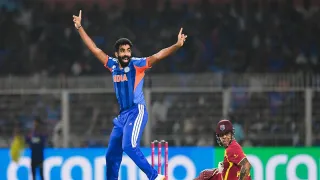
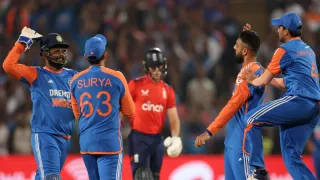


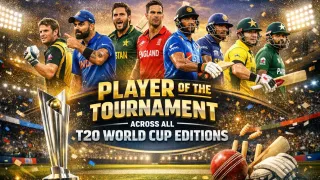
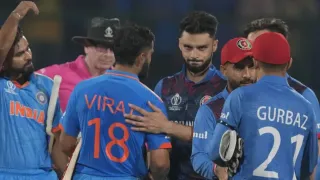
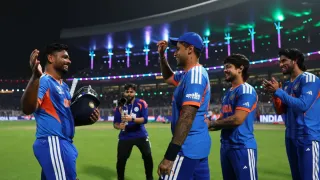
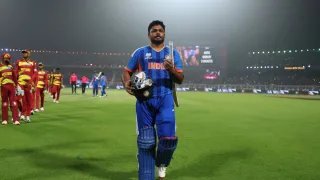
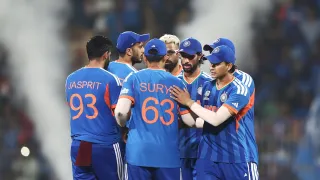
Give Your Feedback